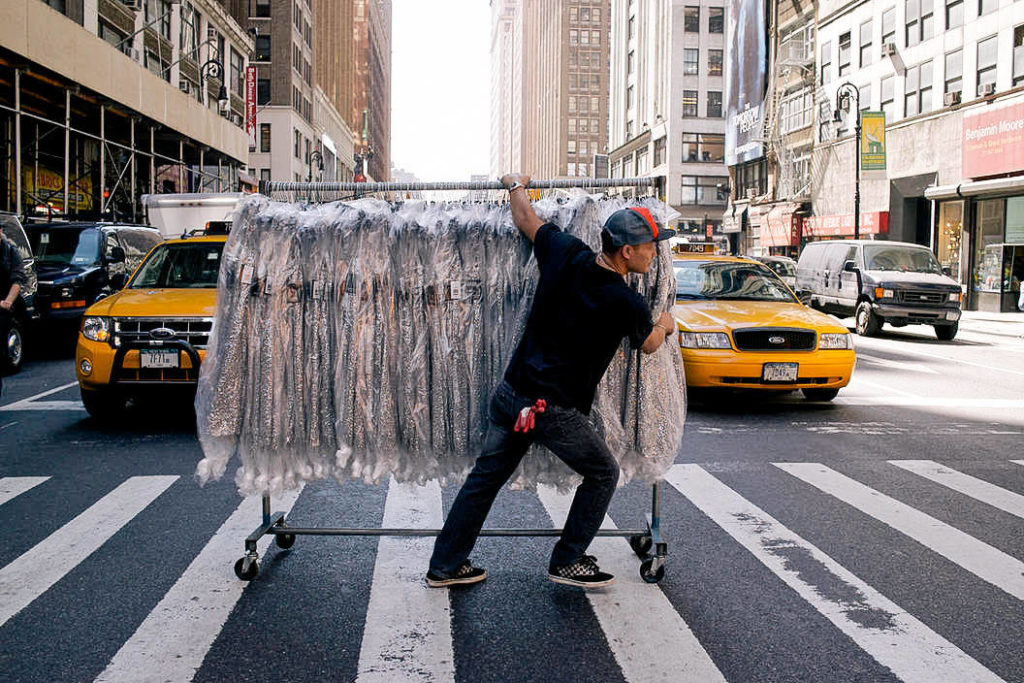[ad_1]
Retail therapy is a term that is often used to describe the urge to shop as a way to relieve stress or improve one’s mood. While retail therapy can be a fun and enjoyable experience for many, it can also turn into a regrettable and destructive habit if not done in moderation. The following tales of retail therapy gone wrong serve as cautionary lessons for how to avoid falling into the trap of unhealthy shopping habits.
The Temptation of Sales
One of the biggest pitfalls of retail therapy is the allure of sales. Seeing items marked down can be a tempting invitation for shoppers to indulge in impulse buying. This was the case for Anna, who was initially disciplined in her spending habits until she accidentally stumbled across a massive sale on clothes. Caught up in the excitement, Anna ended up purchasing several items she didn’t need, taking advantage of the discounts. However, after returning home, she realized that she had spent more than she could afford and unnecessarily filled her closet with clothes that she wouldn’t wear. To prevent falling into this trap, it’s important to establish a budget and stick to it, even during sales.
The Dangers of Online Shopping
With online shopping, it’s too easy to impulsively buy items simply because they are within reach. This was the mistake that Megan made after setting up an online shopping account. Feeling bored and lonely, she started scrolling through the website, adding item after item to her cart. Before she knew it, she had bought several things that she didn’t need and couldn’t afford. Online shopping is a quick and convenient way to purchase things, but it’s important to take a step back and evaluate each item before clicking the buy button.
Retail Therapy as a Solution
For many, retail therapy can be dangerous because it’s seen as a solution to deeper issues. This was the case for John, who had been feeling depressed and anxious for weeks. In an attempt to alleviate his symptoms, he went on a shopping spree, buying anything that caught his eye, from expensive clothes to new gadgets. However, the temporary high of retail therapy was short-lived, and the underlying problems he faced remained unresolved. Retail therapy is not a solution to deeper problems such as anxiety or depression, and it’s important to seek professional help rather than relying on shopping as a coping mechanism.
In conclusion, retail therapy can be a fun and satisfying experience, but it can also turn into a problematic habit if not done in moderation. To avoid falling into that trap, it’s essential to establish a budget, take time to reflect on purchases before making them, and avoid shopping as a remedy for deeper issues. By practicing responsible shopping habits, retail therapy can be a positive and enjoyable experience for anyone.
[ad_2]

